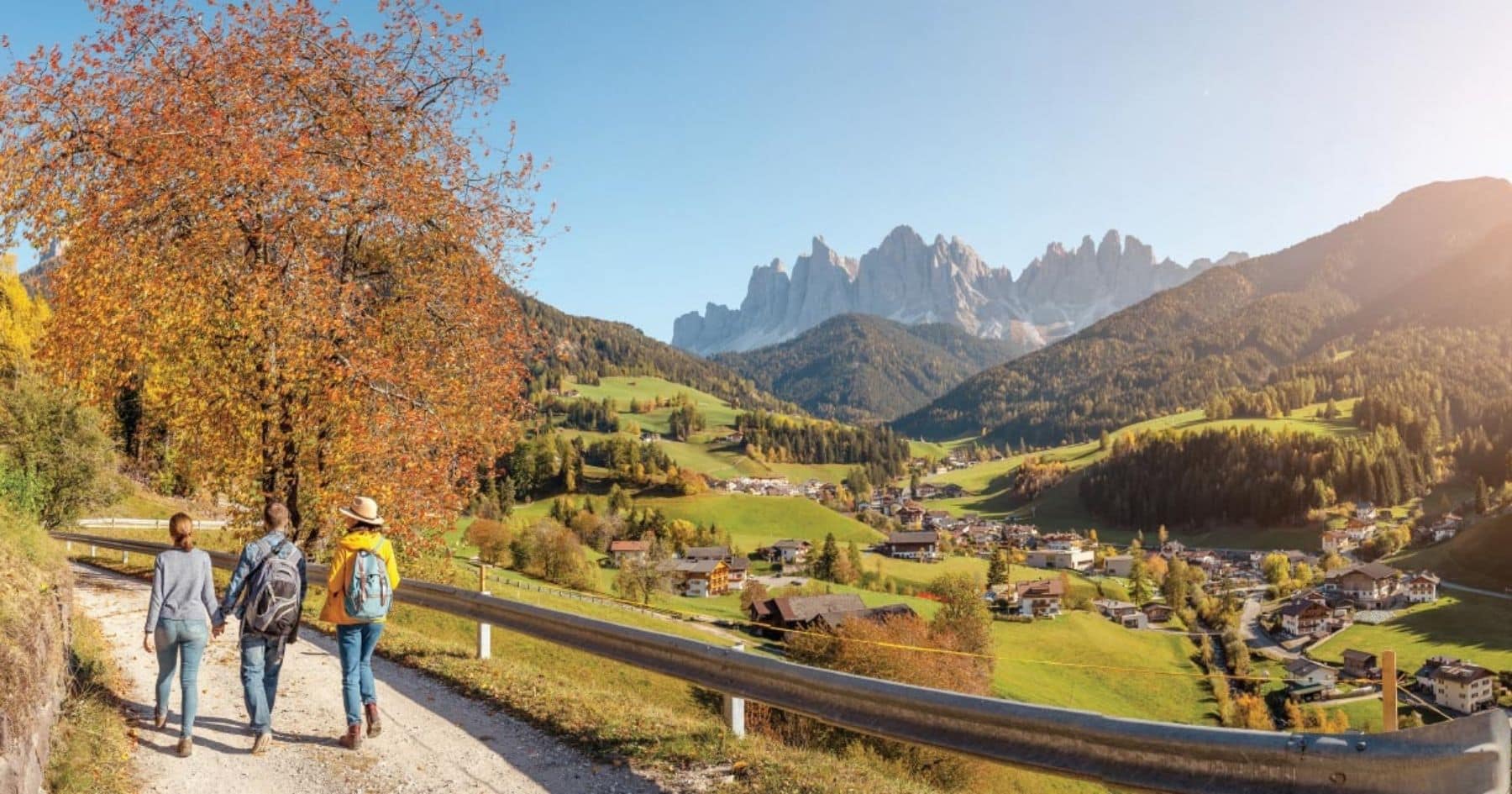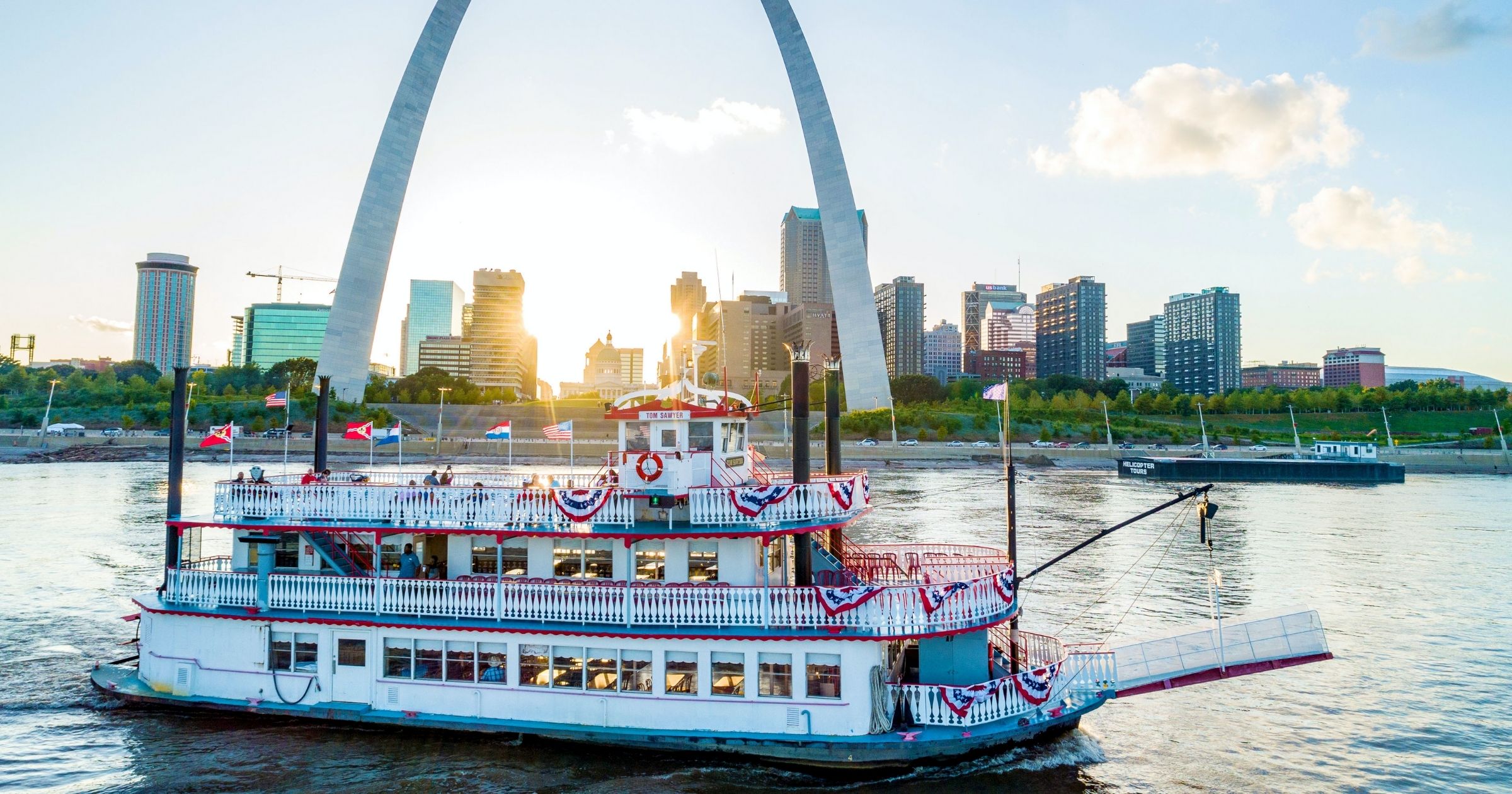As the president of the Mount Olive Area Chamber of Commerce (North Carolina), I promote supporting small businesses & shopping local especially in our rural town with a population of 4,500. It is imperative that our citizens support our mom and pop stores who comprise the bulk of our community business trade. This concept of supporting locally applies not only to my community, but to communities around the world. Supporting local not only provides economic support to those businesses, but it also gives visitors opportunities to purchase unique products and hand-crafted items.
As a world traveler, I often seek out shops that support local products & trades. In Turkey, I went to a small store that sold handmade rugs. In Bolivia, I chose a local vendor, who had a booth on the street, to purchase my cocoa bean pendant. While sightseeing in Egypt, I chose to visit a community bazaar because I knew the products were handmade by locals. In the outback of Australia, I opted to shop at in an Aboriginal village to purchase an item that promoted the culture and customs of their tribe. The paintings I bought in China, Italy and Japan created by local artists. Just before hiking the Inca Trail in Peru, I realized that I failed to bring a raincoat. I asked my guide to suggest a local outdoor clothing vendor. I knew that these purchases would not only support the store owners, but also those who made these products. Plus, these local products provide wonderful memories and create discussion. I still have that $3 raincoat that I purchased in Peru, people who visit my home rave about the paintings that hang on my wall, and my cocoa bean pendant gets the most comments and compliments.
This summer, while touring Uganda, we utilized a local person to serve as our guide for our gorilla trek at Bwindi Impenetrable National Park. I learned that there were so many locals who needed the work, that the national park rotates the work schedule, so all have an opportunity to work. Once a guide leads a gorilla trek, they cannot serve again for two weeks. This allows all an opportunity to earn income. Not only did we hire a local guide, but I also hired a porter, a person to carry my bag. Mind you, I was only carrying a small daypack, but little did I know the ruggedness of the the terrain of the jungle. My porter, Geoffrey, was amazing. He not only carried my bag, but he pushed and pulled me up the steep hills, cleared bushes to give me an easier route, and brushed the biting fire ants off me. My cost: $20. Money well-spent for my gorilla trek, but also for supporting a local and building a relationship with a local.
When I travel, I try to eat in local restaurants and avoid those eateries that have a sign out front that states, “tourism menu.” Restaurants with tourist menus usually have a set menu, tend to be located next to other tourist restaurants, and have a substantial markup for the food. Instead, I seek small, local restaurants where the food is authentic, the staff are extra friendly, and the prices are reasonable. In South Africa, I commented to the waiter about a unique bread that served to me. Next thing I knew, I was in the kitchen watching the bread made. My favorite memory of visiting a local restaurant occurred in China, when my friends and I wanted to eat noodles. I asked a local to recommend a noodle shop. She grabbed my hand, led me two blocks down the street and took me to her favorite place, a hole in the wall restaurant. The server did not speak English, so I did a slurping noise to indicate I wanted noodles and stood up, clucked, and flapped my arms to indicate I wanted chicken as well. The noodles were delicious, but I was not served chicken, no clue what it was, but I will never forget that experience. My friend, Tommy, took me to a small restaurant in Sweden. He insisted that I order the local delicacy, pickled herring (often called “rotten fish”). Tommy wanted to see how I would react when I tried it. As fast as the pickled herring went into my mouth, I spit it back out. Yuck! Visiting local restaurants is the best way to experience the culture and learn about customs.
Finally, I recommend using local booking agencies, if possible. When I arrived in Nepal, I asked locals to recommend a tour agency to book a tour to Chitwan National Park. One person picked up his cellphone and called a local agency for me. I utilized the same process when I wanted to visit Uyuni Salt Flat in Bolivia and Atacama Desert in Chile, and a take a Mud Bath in a volcano in Colombia. I asked locals for recommendations. Each tour provided local guides who shared information about the region, attraction, and local experiences as well as it provided me authentic small group adventures. Most importantly, the prices with local booking agencies were cheaper than those with large companies.
Supporting local should be considered for teachers leading educational travel groups, because you expose the students to the local culture and custom, have authentic experiences, cultivate relationships, and save money. I understand that things should be booked in advance, especially if you have a large group; however, leave some flexibility in your schedule to incorporate local events, stores, and restaurants. If you use a local booking agency, make sure you check their validity, reliability, and safety records. Never sacrifice safety for money. Educators who use food, other goods and services produced locally help stimulate a regional economy, create, and retain valuable jobs, support families, and strengthen community and culture.
In a September 20, 2022 web article (on matthudson.me), titled, “Why you should support Local Business when Traveling,” it stated four key reasons why you should support local: (1) You enjoy a true and authentic experience (2) You are one of their own (3) It educates you about the local culture (4) It helps better the local economy.” As educators who lead student groups, we want to make an impact on our lives, our students and those we meet along life’s way. If we support local, we can help travel destinations be economically and socially successful and make a positive impact while enjoying authentic experiences.
Written by Julie Beck for Teach & Travel’s January 2023 issue.




